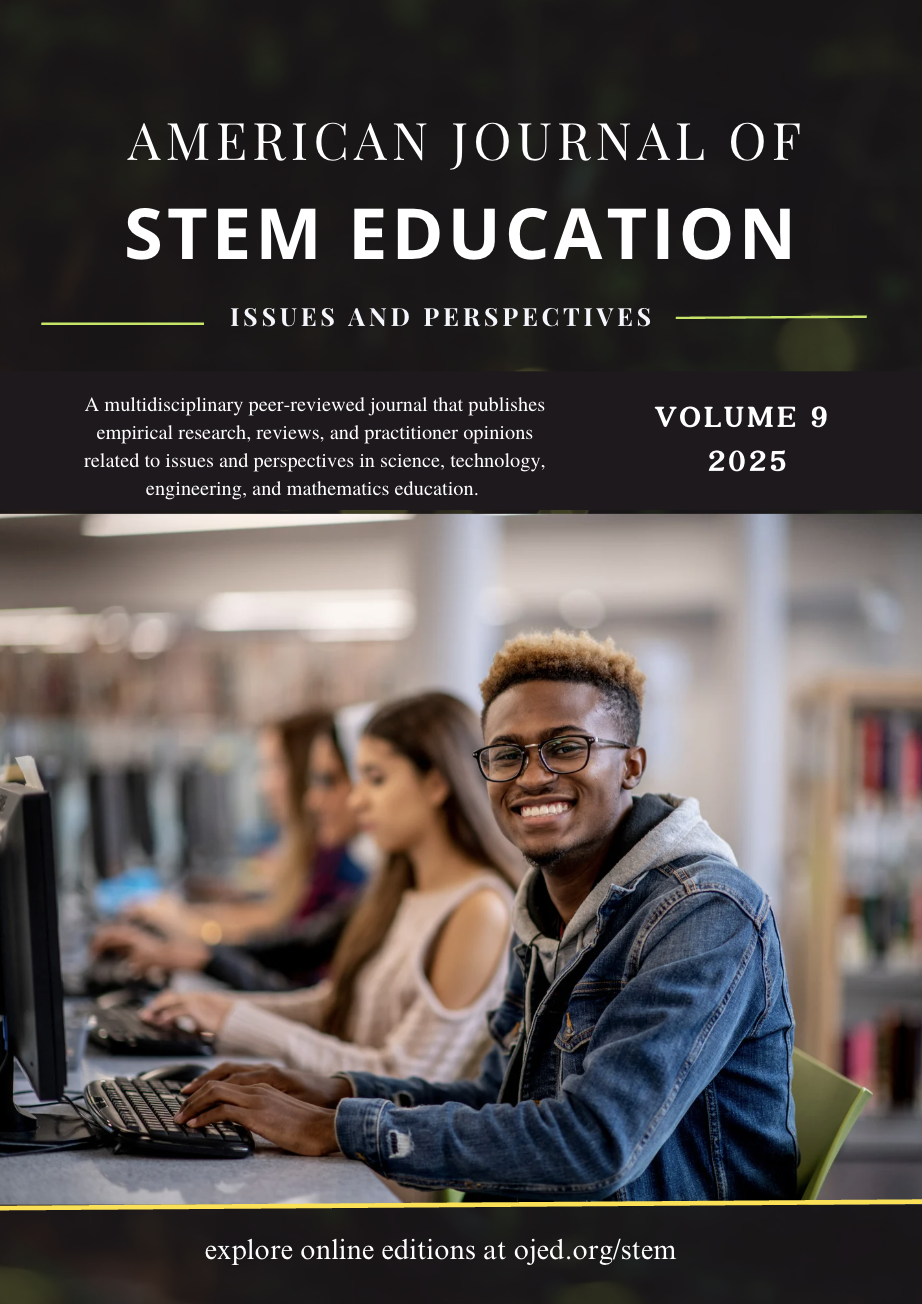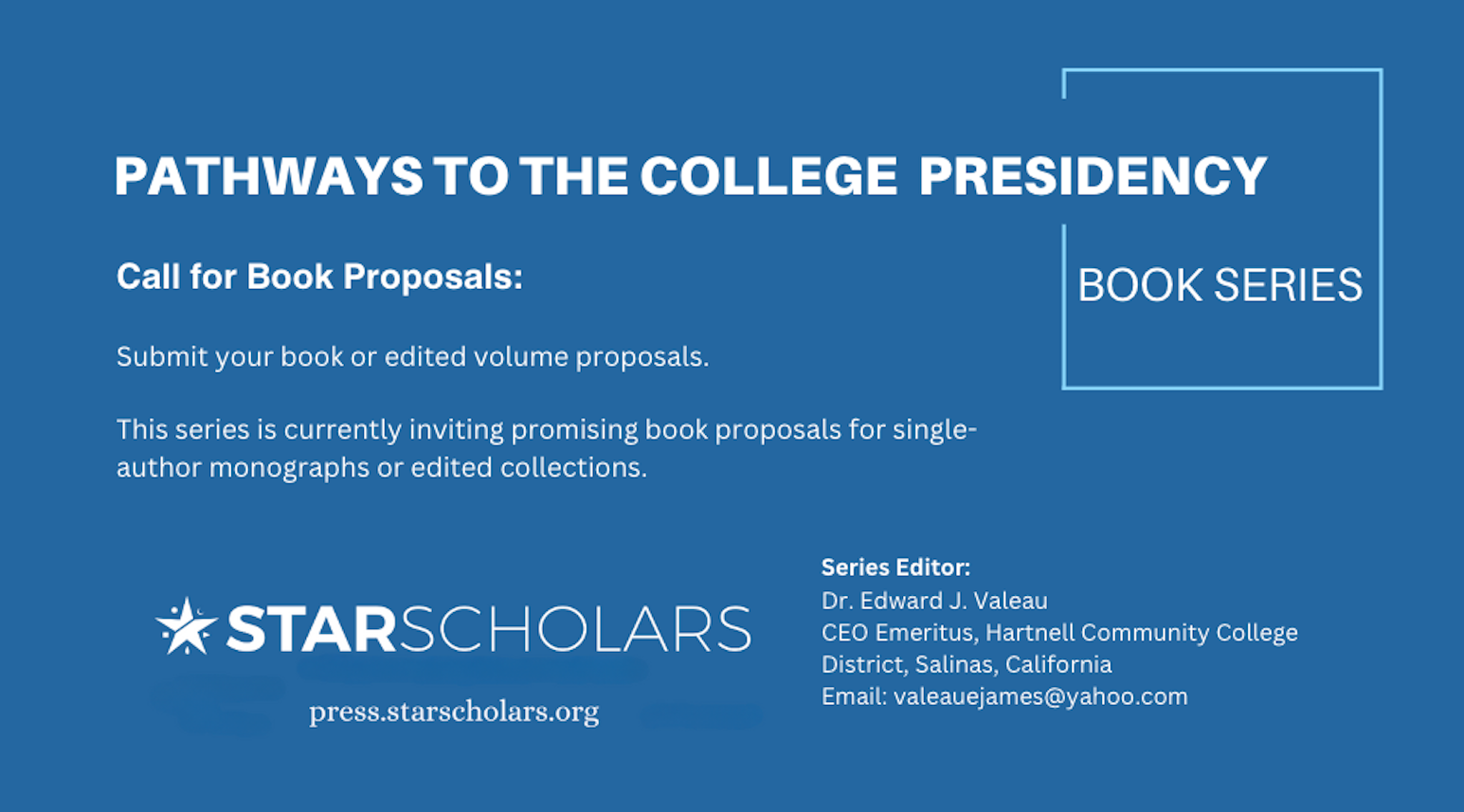The impact of caffeine consumption on non-neurotypical student stress levels
DOI:
https://doi.org/10.32674/8jhzh585Keywords:
Caffeine Consumption, Stress Management, Academic Performance, Cognitive Function, Student Mental Health, Perceived Stress Scale (PSS), Neurodiversity, Attention and MemoryAbstract
The research into the question of caffeine intake in relation to university students' stress, both neurotypical and neurodivergent students, through an inclusive survey which consisted of 123 respondents, recorded sharp differences with respect to caffeine's action and its relation to neurodiverse status: 65.4% of neurodivergent students experienced an increase in the level of stress from caffeine consumption, while 29.3% of neurotypical ones did. Despite higher adverse effects, characteristics were higher: 50% consume three or more per day compared to 19.6% of neurotypical peers. The mean stress level of the neurodivergent students was notably higher, at 8.2/10 compared to that of the neurotypical students at 7.1/10. Sleep quality became a point of concern, as 88.5% of the neurodivergent students reported caffeine use to disrupt sleep moderately or significantly. Indeed, the paradoxical pattern underlined that, despite the more severe negative effects of caffeine, neurodivergent students retain higher caffeine consumption, probably due to self-medication patterns or poor alternative strategies to cope with stress. These findings emphasize the need for differentiated approaches in student support services and stress management programs, taking into consideration neurodiversity status while formulating wellness strategy formulations.

 Call for Special Issue Proposals
Call for Special Issue Proposals 


